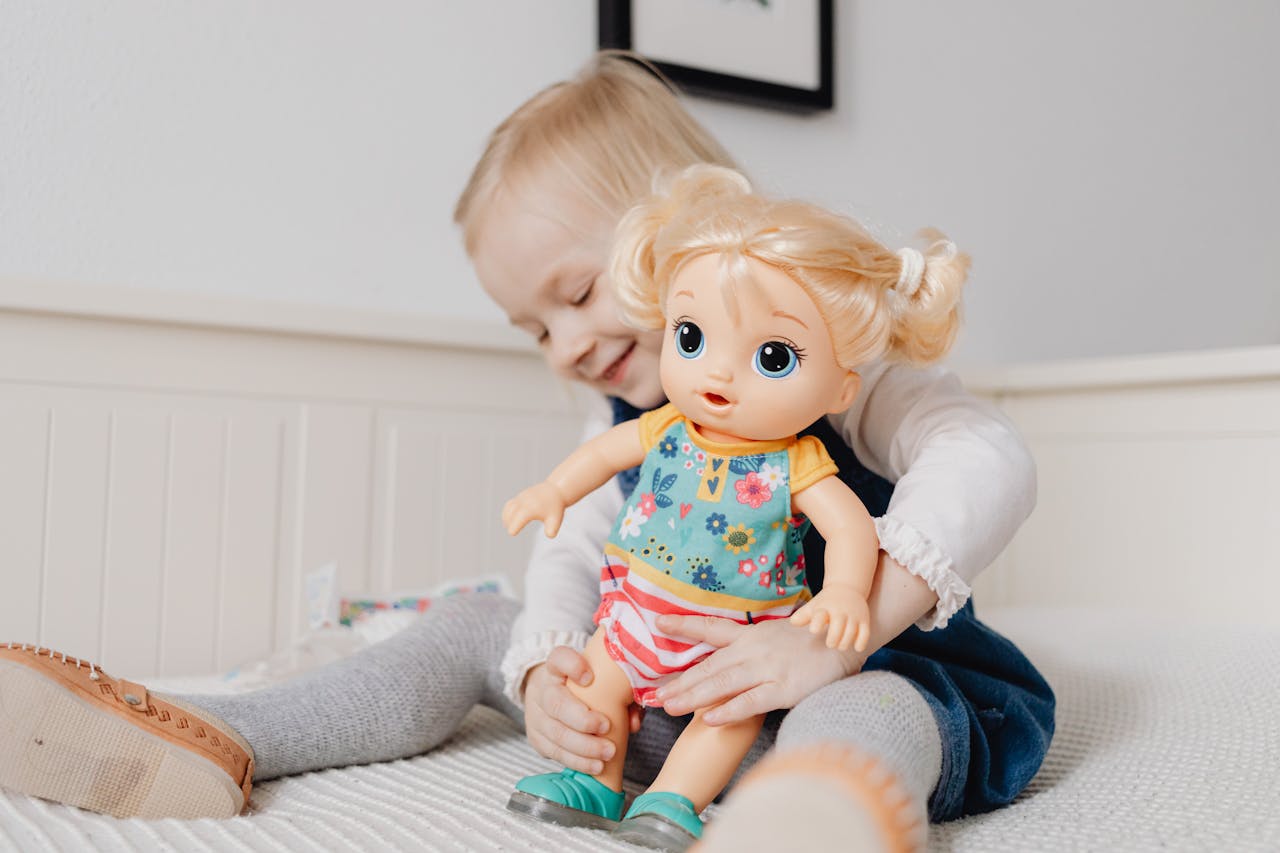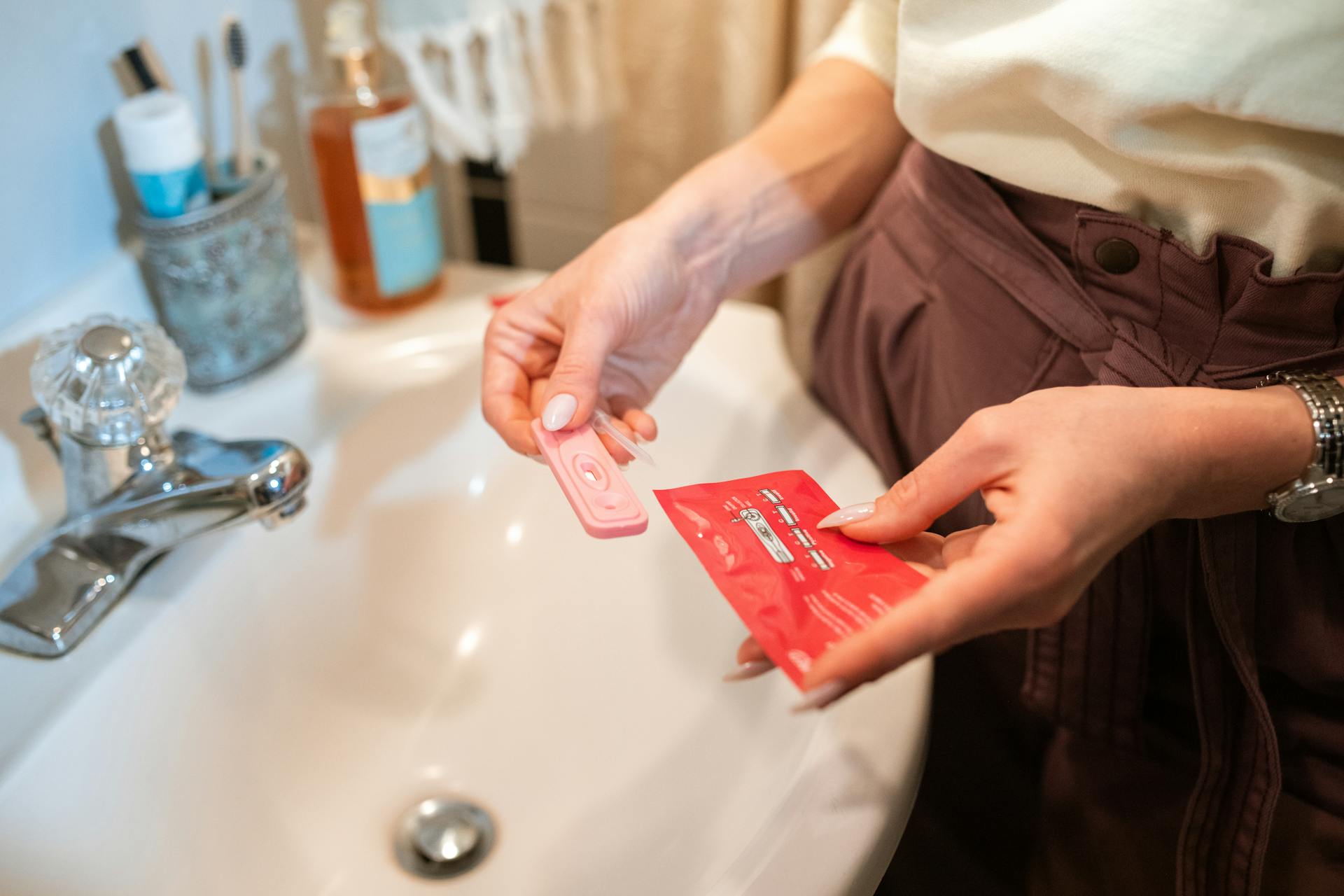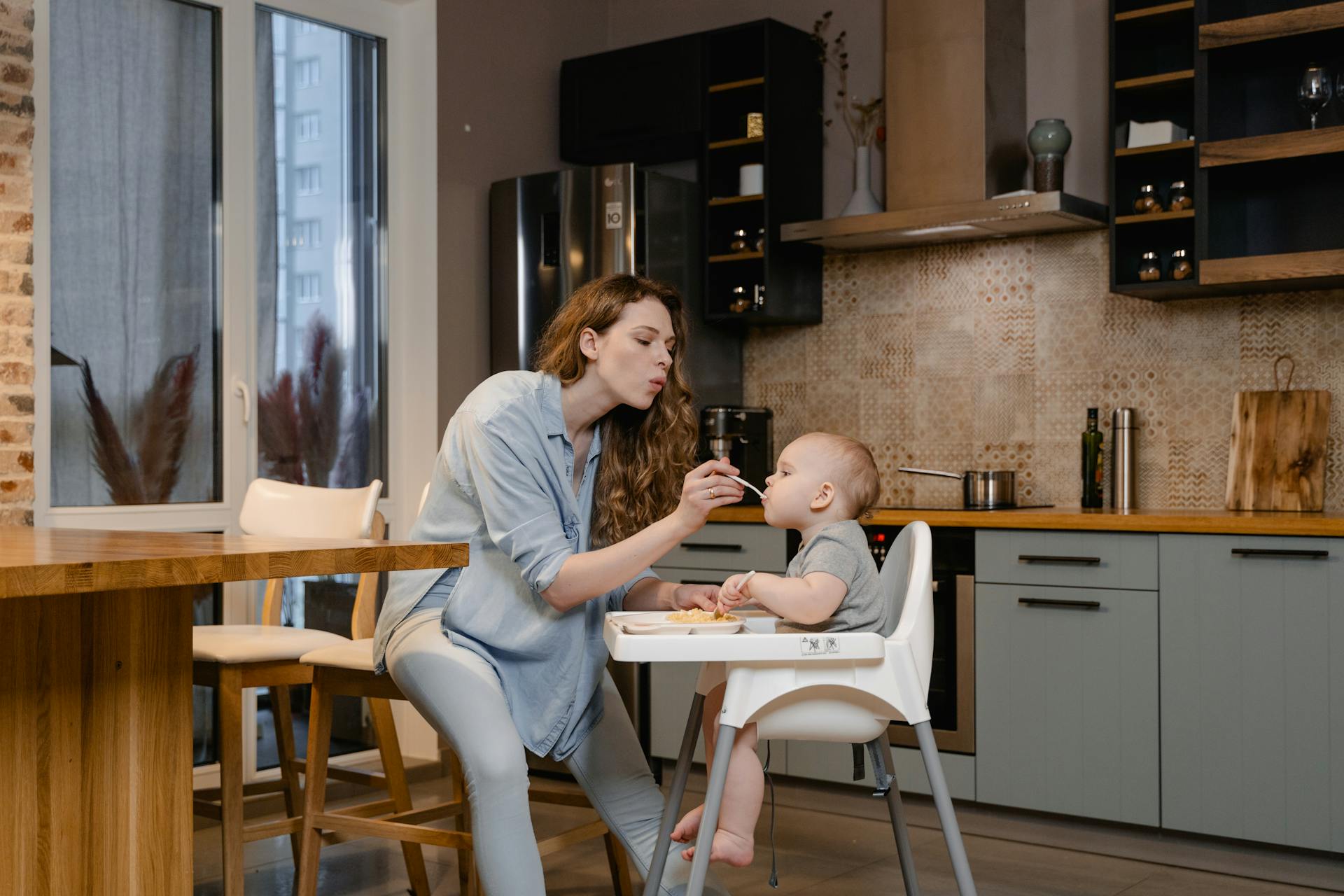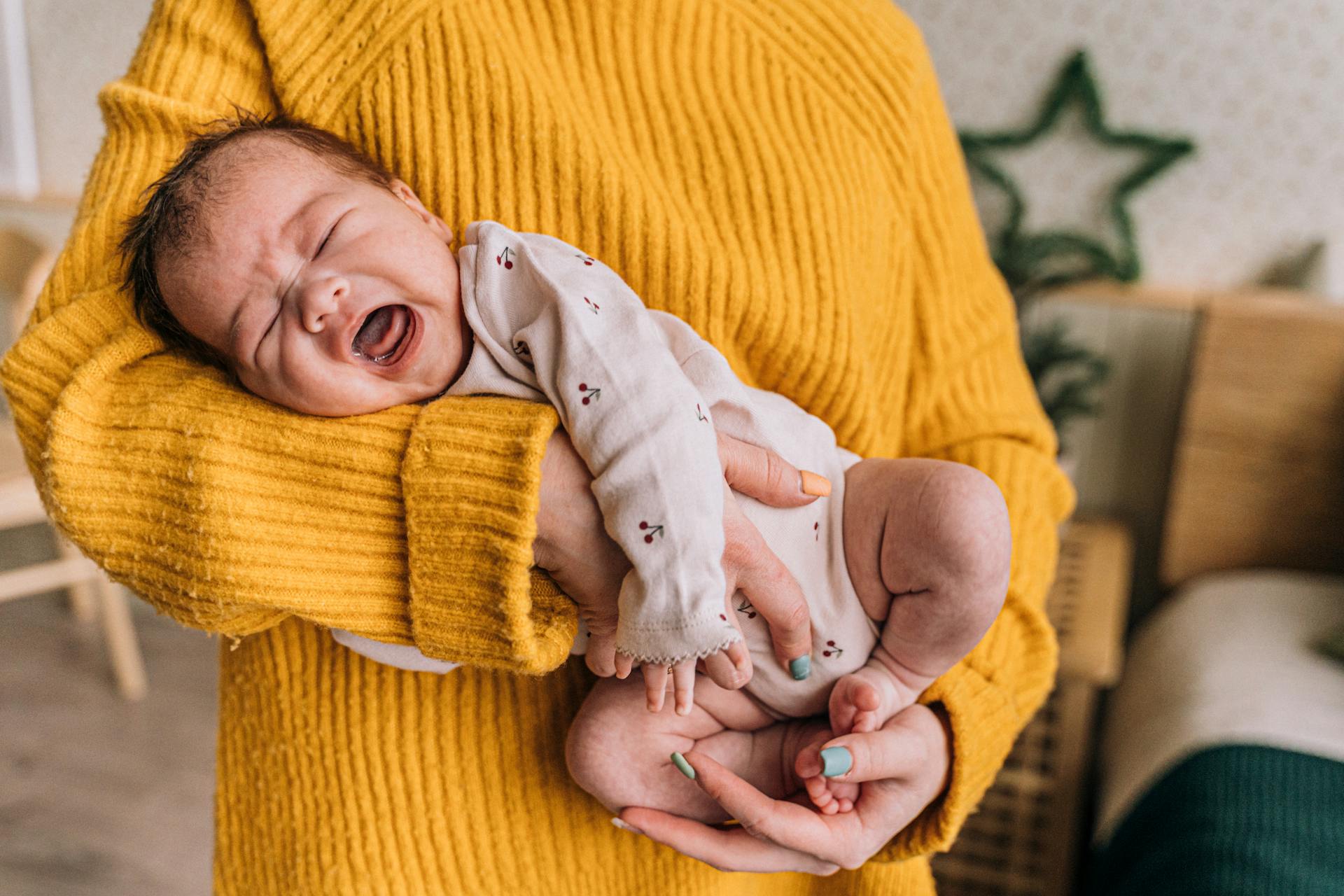As children grow, parents often face new questions—and one of the biggest is, what age can a child stay home alone? Whether it’s running a quick errand or working late, the idea of leaving a child home alone sparks worry, confusion, and often disagreement.
There’s no universal answer, as it depends on your child’s maturity, your location, and the situation. But in this article, we’ll explore legal guidelines, developmental readiness, safety tips, and expert-backed insights to help you make the best decision for your family in 2025.
Is There a Legal Age to Stay Home Alone?
In many countries, including the U.S., there is no federal law setting a minimum age for children to stay home alone. However, individual states or local governments may have recommendations or laws.
Here are some examples of minimum age guidelines in the U.S. (as of 2025):
- Illinois: Minimum age is 14 years old (strictest in the country)
- Maryland: Minimum age is 8 years old
- North Carolina: Minimum age is 8 years old
- Oregon, Colorado, and many others: No official law, but age 10–12 is often recommended
Outside the U.S., some examples include:
- United Kingdom: No legal minimum age, but parents can be prosecuted if the child is put at risk
- Canada: Varies by province (e.g., Ontario suggests 10–12, while Manitoba’s law sets the age at 12)
- Australia: No official law, but authorities recommend children be at least 12
🔗 Outlink suggestion: Child Welfare Information Gateway – Home Alone Children
💡 Tip: Always check with your local child welfare agency or school district for the most updated laws in your area.
Key Factors to Consider Before Leaving a Child Home Alone
Instead of focusing only on age, consider your child’s emotional and developmental maturity. Some 10-year-olds are more responsible than some teenagers. Here are key factors to assess:
1. Maturity Level
- Can your child follow rules consistently?
- Do they make good decisions under pressure?
- Are they calm in unexpected situations?
2. Communication Skills
- Can they call you or emergency services if needed?
- Do they know what to do in case of fire, power outage, or injury?
3. Duration of Time Alone
- Short periods (like 30–60 minutes) are very different from full evenings.
- The longer the time, the more maturity and safety awareness your child needs.
4. Time of Day
- Daytime is safer and easier for kids to manage alone.
- Nighttime can bring anxiety or added risks.
5. Neighborhood Safety
- Is your area safe and supportive?
- Are there trusted neighbors nearby in case of emergency?
Recommended Ages by Experts
While no exact age fits all, many parenting experts and child psychologists offer general guidelines:
| Age Range | Recommendation |
|---|---|
| Under 7 | Never leave home alone |
| 8–10 years | May stay alone for 30–60 minutes during the day |
| 11–12 years | Can stay alone for a few hours during the day |
| 13–15 years | Okay to be alone for several hours, but not overnight |
| 16–17 years | May be left overnight occasionally, depending on maturity |
🔗 Outlink suggestion: Safe Kids Worldwide – Home Alone Readiness Guide
How to Prepare Your Child to Stay Home Alone
If you think your child is ready, preparation is key. Here’s how to make the transition smooth and safe:
1. Talk About Expectations
Set clear rules like:
- No opening the door to strangers
- No cooking unless permitted
- No friends over without your approval
2. Practice Runs
Start with short, supervised periods where you’re nearby—maybe outside in the yard or at a neighbor’s house.
3. Emergency Contacts
Make sure your child knows:
- How to call 911 or local emergency services
- Your number and at least one backup (neighbor, grandparent, etc.)
4. Create a Home Alone Checklist
Include things like:
- Locking the door
- Avoiding the stove or sharp objects
- Not answering the phone unless it’s a known number
📥 Consider creating and printing a “Home Alone Safety Checklist” to stick on the fridge.
5. Install Tech Tools
- Use video doorbells, smart locks, or a simple check-in app.
- Free tools like Life360, Google Family Link, or Find My can help.
🔗 Outlink suggestion: Life360 Family Locator App
Signs Your Child Isn’t Ready Yet
Even if your child is legally allowed, they may not be emotionally or mentally ready. Watch for signs like:
- High anxiety about being alone
- Forgetting rules or responsibilities
- Lying about small things (shows lack of readiness)
- Getting easily overwhelmed or distracted
It’s better to wait a few more months than to rush it and cause fear or unsafe situations.
Home Alone Alternatives If Your Child Isn’t Ready
If your child isn’t ready yet (or if the law says they’re too young), here are some alternatives:
- After-school programs: Many schools or communities offer affordable care
- Trusted babysitters or older siblings
- Work-from-home days or flexible shifts for parents
- Community youth centers or libraries
You’re not alone—many parents today juggle work and childcare challenges. Making the right call for your child is what matters most.
Real-Life Advice from Other Parents
We spoke with a few parents from around the world about when they felt comfortable leaving their kids home alone:
Samira, mom of 2 in Toronto:
“We started with 15-minute trips to the grocery store when my son was 11. I’d call him halfway through. After a few months, we built up to a couple of hours.”
Jared, dad in New York:
“My daughter was almost 13 before I let her stay home while I worked late. She’s a mature kid, but I wanted to be sure.”
Lina, mom in Casablanca, Morocco:
“In our culture, family is always around. But when we moved to the city, I trained my 12-year-old son slowly to stay alone during short errands. Now at 14, he’s very independent.”
So, What Age Can a Child Stay Home Alone?
There’s no magic number—but if you’re asking “what age can a child stay home alone?”, the answer is: it depends on your child’s maturity, the legal guidelines in your area, and your own comfort level.
Make a thoughtful decision, stay informed about the law, and trust your instincts as a parent. Some kids are ready at 10. Others may not be ready until 14 or later—and that’s okay.
Being home alone can be a positive milestone in a child’s life when done with preparation and care. Take it step-by-step, and you’ll raise a confident, independent young person ready to handle the world.
















